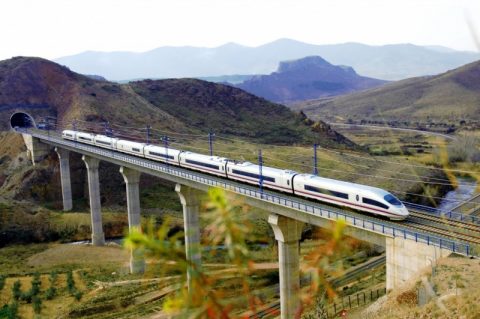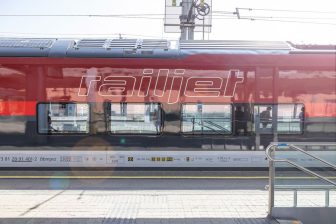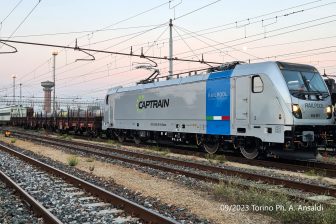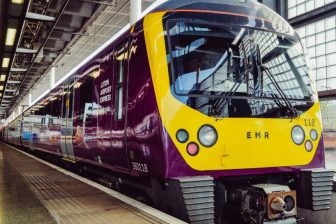
Renfe re-tenders 72 trains: no more diesel hybrids
Spain
Renfe is replacing the tender for 72 Medium Distance and Cercanías commuter trains. The company will refrain from buying hybrid diesel-electric trains, and will prioritise technologies such as hydrogen for trains that run on non-electrified tracks.
Want to read more?
You have read all of your free premium articles for this month. Please become a subscriber to keep reading.
Subscribe now!
Take advantage of our exclusive offer to get full access to all premium content.




Why are trains still be made of heavy steel or energy intensive embedded aluminium? Save greenhouse gas with lighter trains because the weight of the train is 90% of the total weight, 10% being the passengers. Composite carbon technology will give the strength required